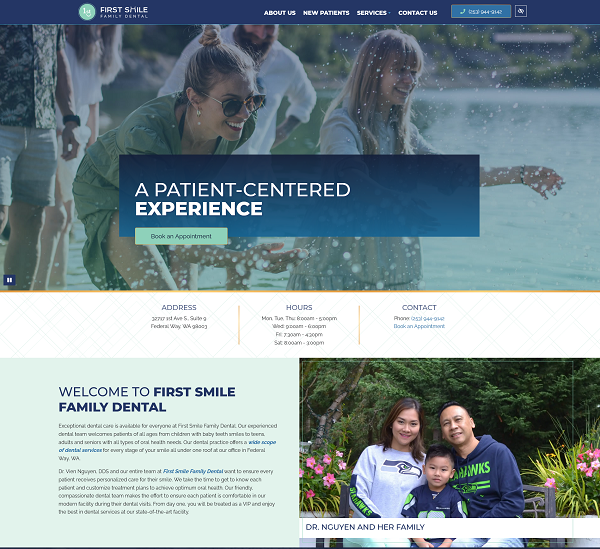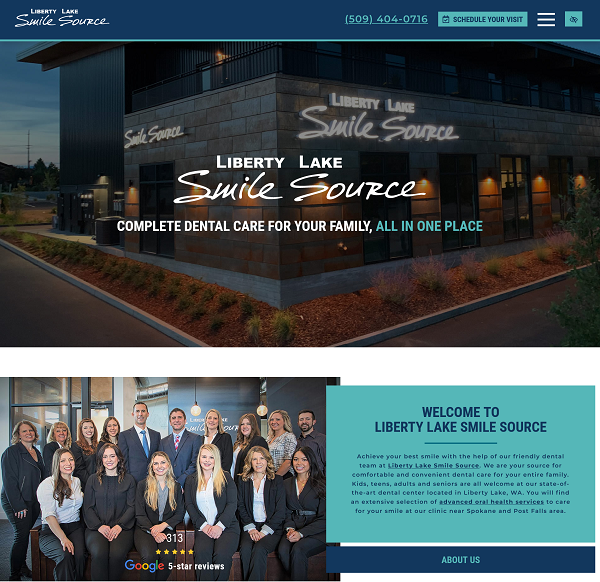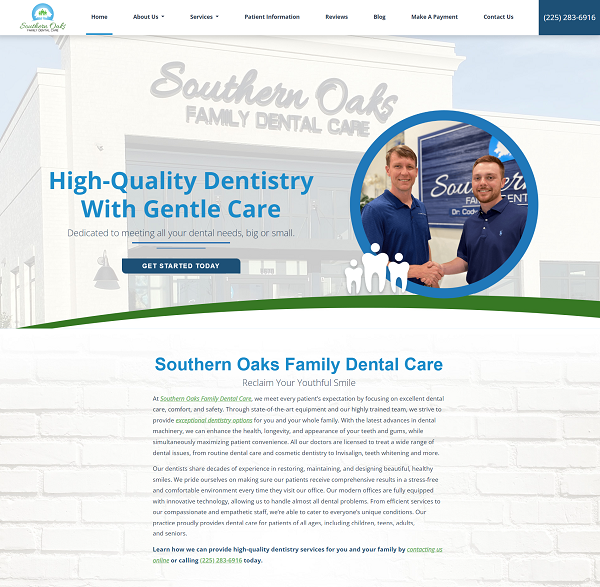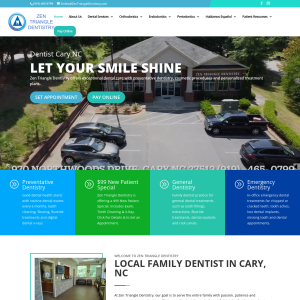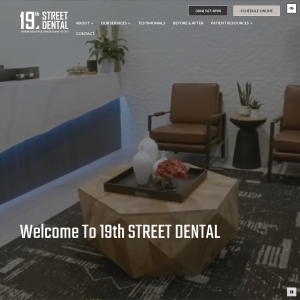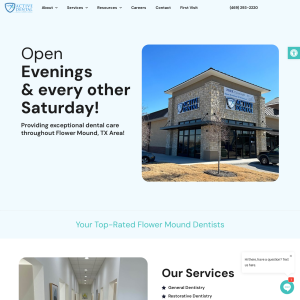What is Invisalign?
Invisalign is a type of orthodontic treatment that straightens teeth using transparent, removable aligners. Invisalign aligners are custom-made to fit over the teeth and gently guide them into the correct position, as opposed to traditional braces, which employ metal brackets and wires.
Aligners are less obvious than braces since they are composed of a smooth, soft plastic material that is practically transparent. They are also detachable, allowing patients to eat, brush, and floss their teeth normally.
Invisalign is frequently used to correct a wide range of orthodontic difficulties, including overcrowding, gaps between teeth, and misalignment.
An orthodontist or dentist will usually recommend the treatment.
How to Pick the Best Invisalign Orthodontist?
There are various aspects to consider while looking for an Invisalign professional to guarantee you receive high-quality care and achieve the best potential outcomes.
Some of these elements could be:
- Education and training of the specialist: Ensure that the specialist is a licensed dentist or orthodontist with experience giving Invisalign therapy.
They should be able to inform you about their education, training, and experience with Invisalign. - The specialist’s reputation and reviews: Look for patient reviews to get a sense of the specialist’s bedside manner and general quality of care.
You can also examine if the specialist is a member of the American Association of Orthodontists and if they have any disciplinary actions on their record. - The specialist’s treatment strategy:
Consider how the specialist assesses your specific needs and creates a treatment plan to get the desired results. They should be able to explain the advantages and disadvantages of Invisalign, as well as any potential dangers or issues. - Technology used by the specialist: Invisalign treatment involves the use of modern technology, including as 3D imaging and computer-assisted design, to manufacture custom-made aligners. Ascertain if the specialist has access to cutting-edge technology and is trained in its application to ensure precise and speedy therapy.
- Aftercare and support from the specialist: Throughout your treatment, the specialist should be available to provide support and answer questions, and they should have a plan in place for follow-up care and monitoring to guarantee the best possible results.
